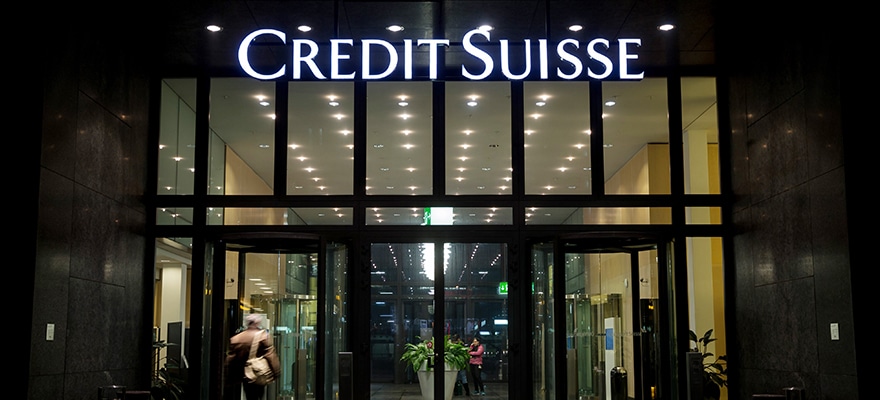Credit Suisse Group AG announced on Tuesday that by European Union antitrust regulators with manipulating forex rates. The charges signal the five-year-long investigation might be coming to a close in the near future.
In a regulatory filing, the allegations state that Credit Suisse “engaged in anti-competitive practices in connection with its foreign exchange trading business.” Now, the Wall Street bank will need to wait and see if the EU regulators will , which could be up to 10% of its global turnover.
The charges against Credit Suisse are part of a larger foreign exchange investigation by EU antitrust regulators. Overall, the investigation has been lagging behind, as it’s been almost two years since they fined banks over collusion on Libor and Euribor rates.
In similar cases, regulators in the EU have received up to nearly €2 billion ($2.3 billion) in fines. In these types of probes, most banks seek a settlement. To receive this, banks must admit liability and shun a court appeal. In return, they receive a discount on their penalties of up to 10%.
However, if a bank chooses to settle, then it can’t discuss the settlement as they might lose their right to the discount. Therefore, the announcement from Credit Suisse could indicate that it doesn’t plan on settling and it may take the case to court.
Only last month, a Swiss court ordered Credit Suisse to hand over currency data to the country’s competition regulator. The court order was in regards to the regulator’s probe of possible collusion between eight banks. Credit Suisse, however, . It was the only one out of the eight banks to do so.
Global phenomenon
Despite the antitrust probe lagging in the EU, regulators in the US, UK, and Switzerland have collectively issued around $10 billion in fines to banks. These include Citigroup Inc., JPMorgan Chase & Co., and Barclays Plc. The fines against the bank were for what then U.S. attorney general Loretta Lynch called a “brazen display of collusion” to game markets in 2015.





Be First to Comment